
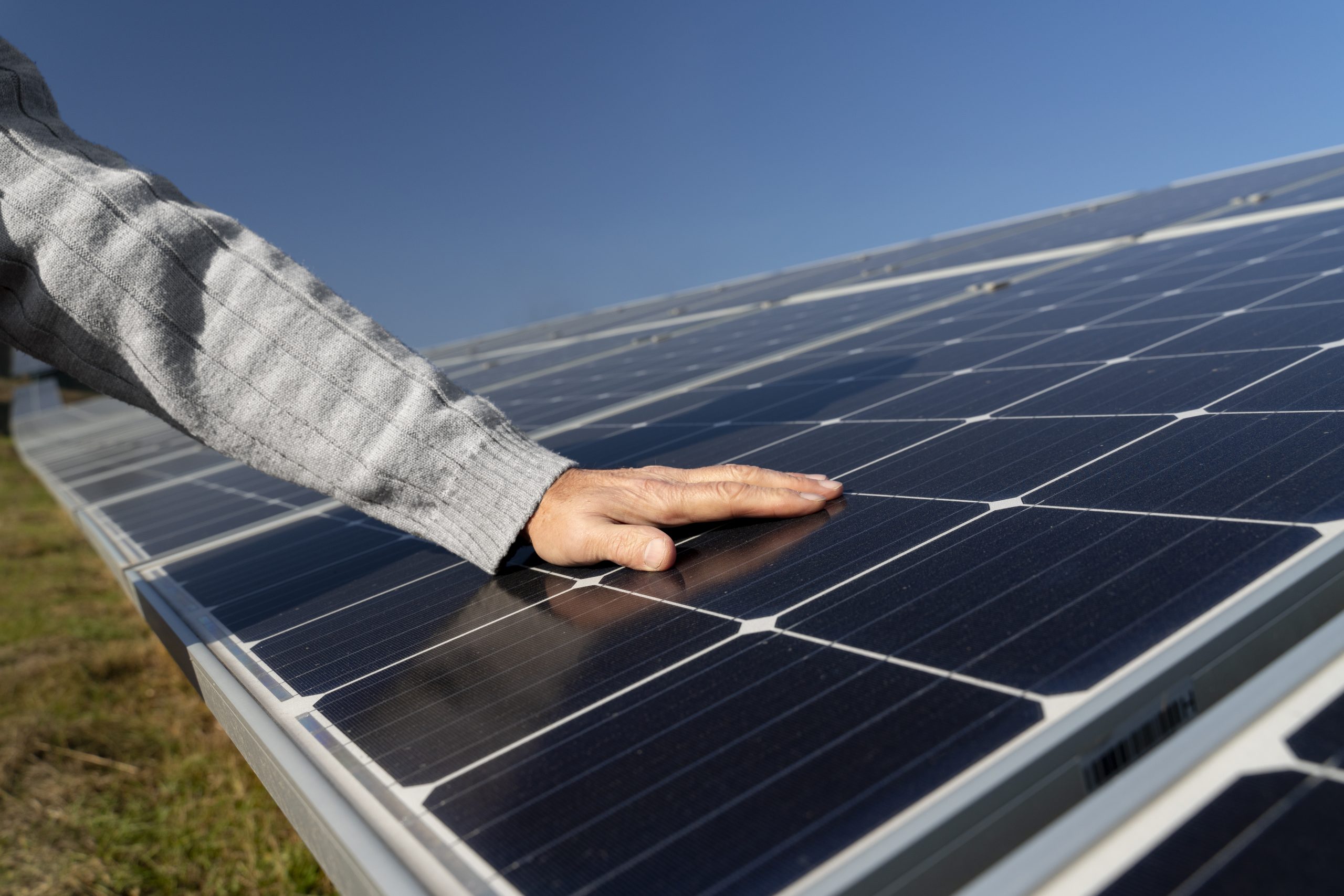


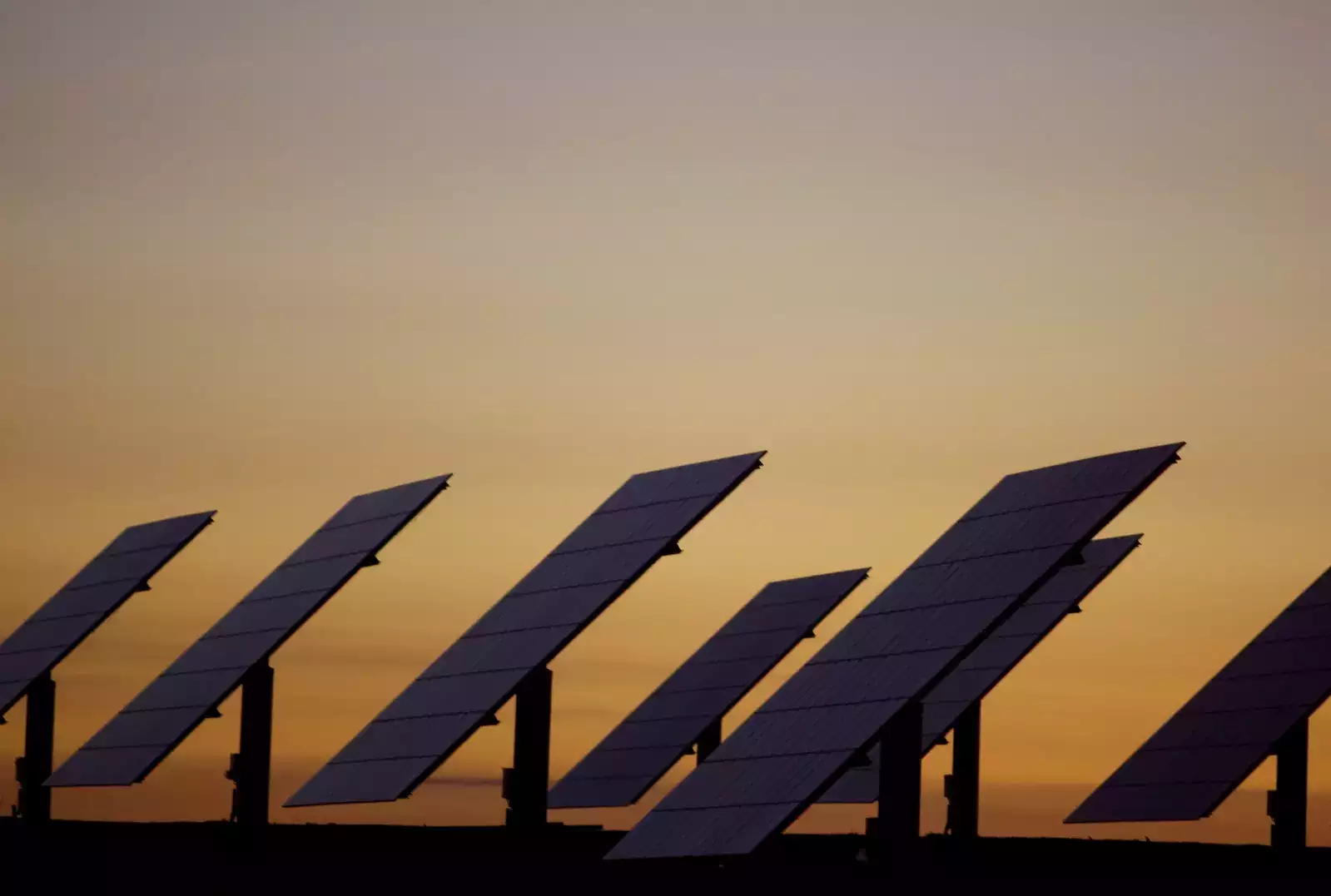
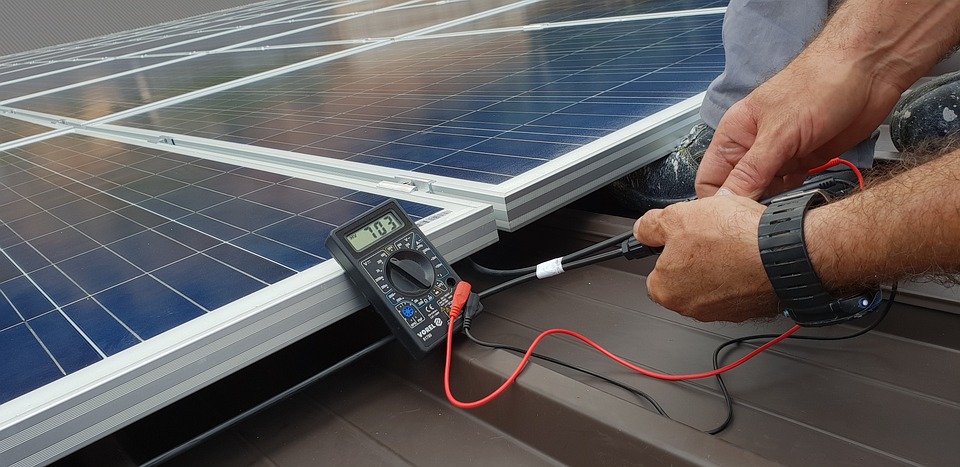
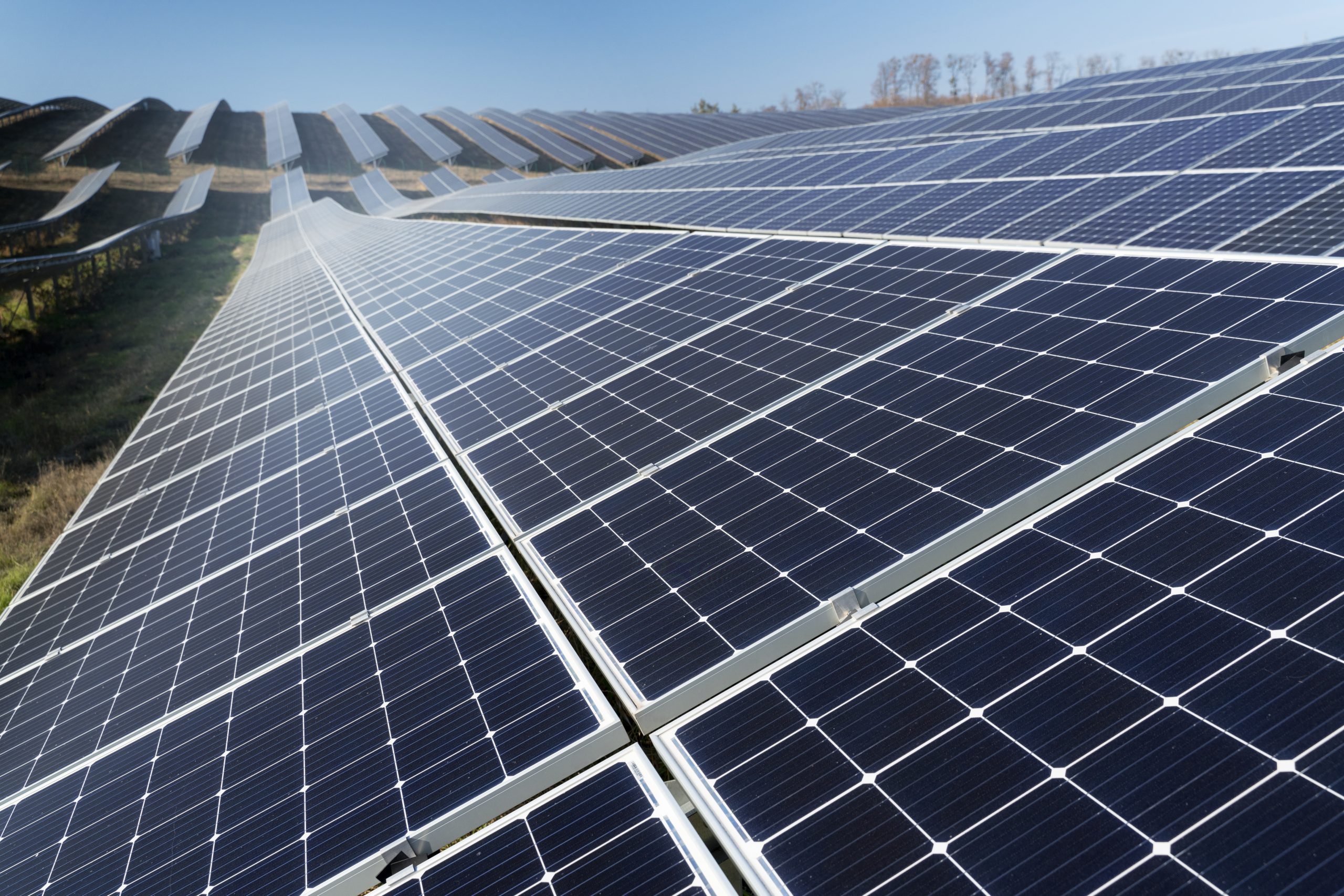
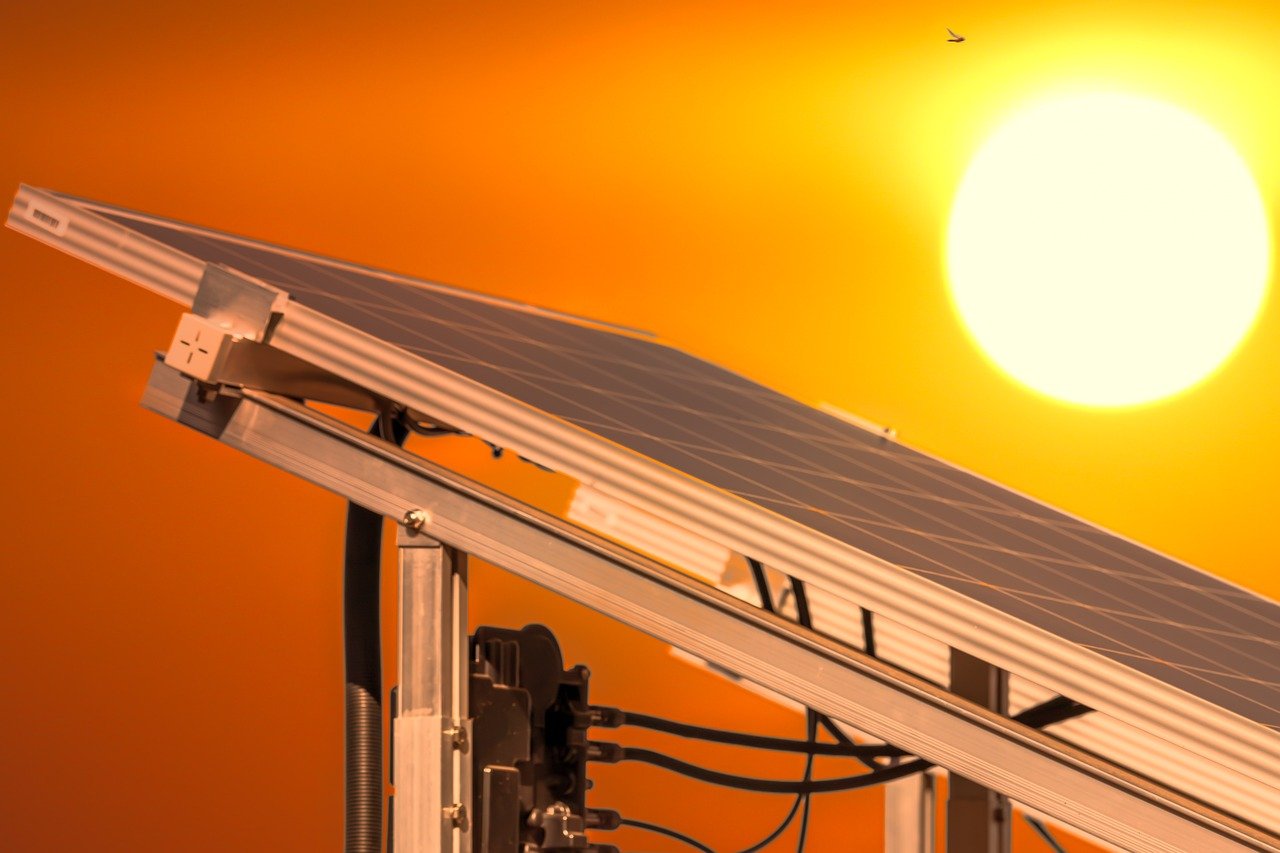

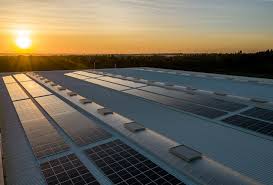
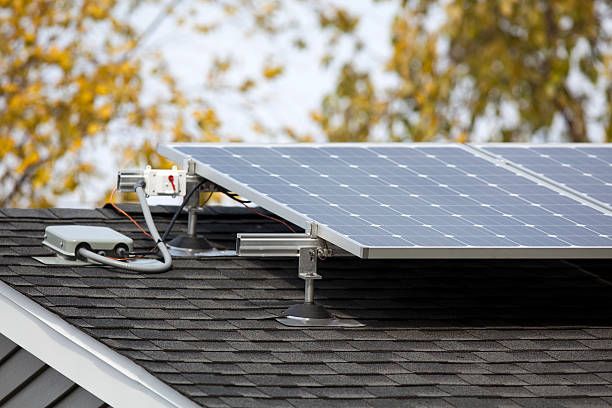
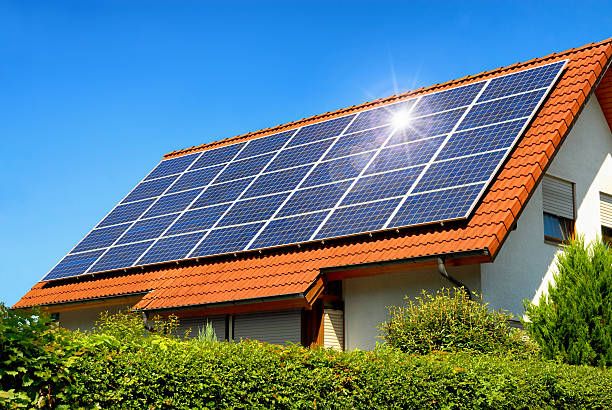
Punjab – A state known for its five rivers just as its name PUNJ-AB suggests & heart of nation’s Sikh community, with a varying yet effective climate for using solar throughout in some regions. Solar panel installations in Punjab will help in improving its climate even more.
Hence, Punjab’s state & national government is focusing on more and more rooftop solar installation in the entire state. For their goal of seeing Punjab on its max solar capacity, they have launched a subsidy for helping with the costs of solar rooftop systems.
A Solar Rooftop System includes installing solar panels in the roof of various sectors such as residential, social, institutional, government, industrial and commercial buildings. Solar Rooftop Systems can be of two types out of which one is Grid Connected Solar Rooftop System.
Grid Connected Solar Rooftop System:
By following these above points, you will be allowed to install Solar PV plants as they are the essentials for any grid connected solar rooftop system. To purchase solar panels, solar panel price should be most cost-effective.
As of 8th March 2019, it was stated that the Punjab State Power Corporation Limited (PSPCL) would provide Central Finance Assistance (CFA)/Subsidy for Grid Connected Rooftop Solar Plants under Net Metering, approximately a capacity of 1 to 10 kW as per MNRE, GOI which will help make solar more affordable. This subsidy is available for residential sectors only. CFA will be provided if funds are available from MNRE, Government of India.
Anyone who has sanctioned electricity load of more than 1.25 kW and wishes to generate electricity ensuring their contribution toward a better environment can avail this subsidy provided by Punjab, GOI.
In domestic sectors, the Government of India will provide a maximum of 40% on cost as subsidy, of the installation of rooftop solar power plants. If the residential sector installs a rooftop solar plant;
For non-residential sectors like social, government, institutional, and so on, GOI does not provide any subsidy as mentioned earlier.
The companies empaneled by PSPCL are eligible to install rooftop solar panels or any project related to solar PV in subsidized projects. Whereas for projects that are non-subsidized, empanelment is not necessary. Waaree is one of the most leading solar panel companies that provide various solar PV equipment. Waaree Energies is one out of few solar companies that provide the best deal of bifacial solar panels price in India.
You can also read: Solar Panel Subsidy in India
The warranty in the case of solar PV modules should be on the basis of the output watt peak capacity. At the end of 10 years, the output watt peak capacity of PV modules should not be less than 90%, and by the end of 25 years, it shouldn’t be lower than 80%.
Any problem related to mechanical structures, or electrical works and overall workmanship of the solar PV modules, should be warranted for a minimum period of 5 years. The same will help cover up against problems related to inverters, distribution boards, storage batteries, or any other problem, related to installation, design, or manufacturing.
Once you are eligible to get the solar PV plant installed, be there any deficiency or fault in the services and goods, the PSPCL will not be held responsible. From purchasing the system to getting it installed, you shall be considered responsible.
The consumer who is eligible and is interested for installing solar project in his premises will make pa4ment to vendor empaneled by PSPCL after deducting subsidy (CFA) amount from the total invoice amount.
The consumers are advised to fix the terms and conditions of the payment and sign an agreement before making advance payment and along with that not to pay 100% advance payment to the companies for installation of roof top solar power plant. Also the consumers should make sure to take the receipt for the same.
Now that the basics for solar subsidy in Punjab is clear, let’s talk about if you can choose Waaree Energies for your subsidized solar projects. Yes, you can! You can choose one of the best solar manufacturers in India to get your subsidized solar project installed through our widespread franchise network all over the nation. We at Waaree make sure to provide the best services as well as quality goods. With our strong foundation in solar power manufacturing, we contribute to making India the world’s largest solar-powered nation!
To know about Waaree’s various solar products in detail visit our website or call on our toll-free 1800-2121321 number now!
Read more: Solar Financing Options: How To Find The Best Solar financing?